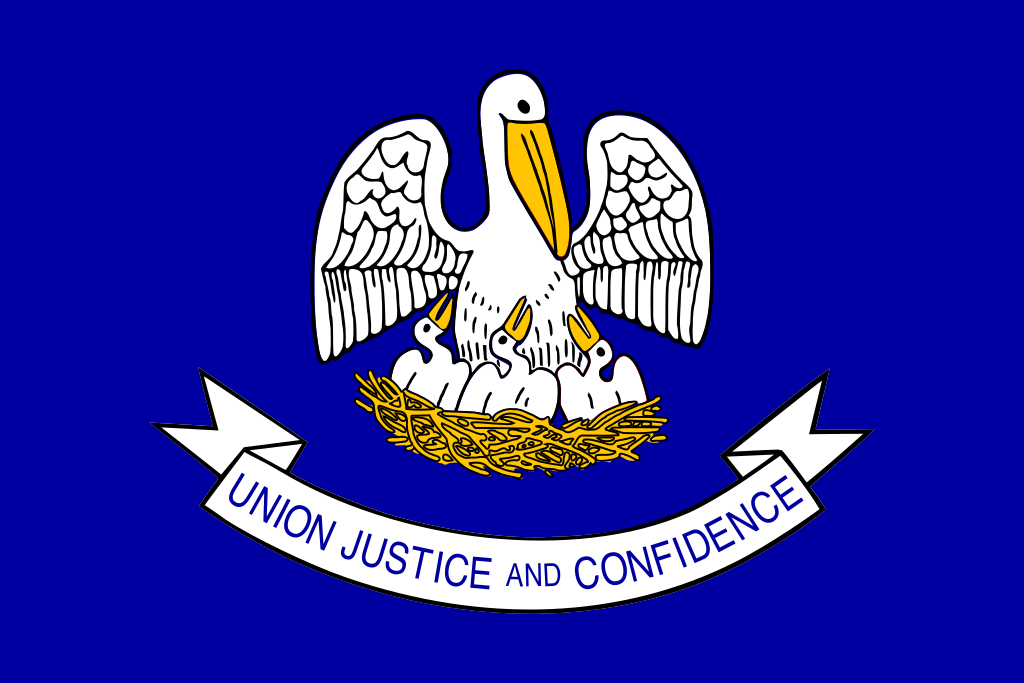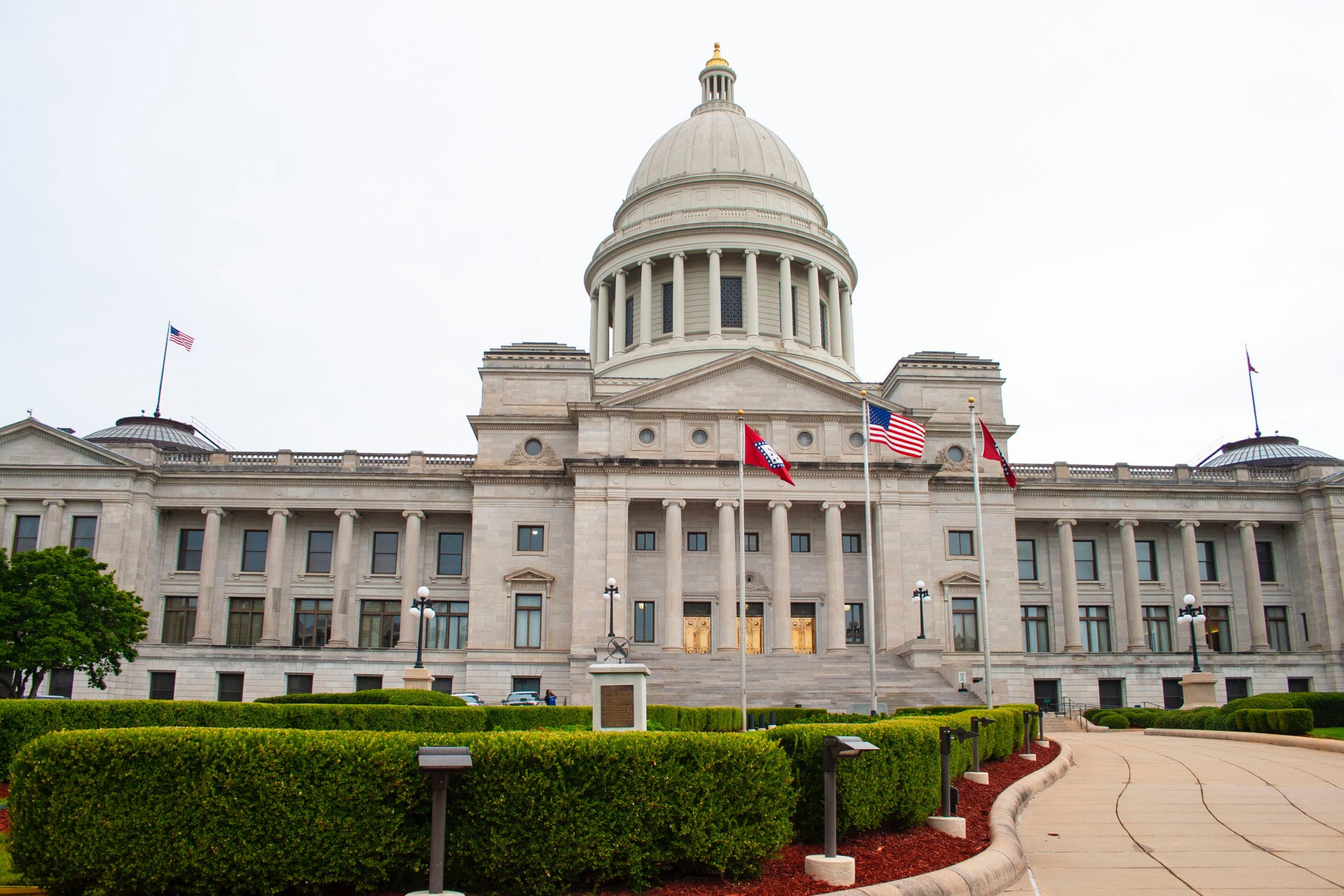Author: Jackie Mitchell
-
Hawaii voters to decide in 2026 on amendment extending Senate review period for judicial appointments

The Hawaii State Legislature approved a constitutional amendment increasing the timeline for the state Senate to act on judicial appointments. The amendment will appear on the ballot for voter approval on Nov. 3, 2026. Currently, the state constitution requires the Senate to act on judicial appointments within 30 days. If the Senate does not reject…
-
North Dakota legislature refers amendment to 2026 ballot amending term limits for state legislators approved by voters in 2022

North Dakota voters will decide in Nov. 2026 whether or not to change term limits for state legislators. Under the amendment, legislators could serve four complete four-year terms (about 16 years) in the state legislature regardless of chamber. Partial terms would not count toward the limit. It would also repeal the provision of the 2022…
-
Louisiana voters reject all four constitutional amendments at the March 29 election

Louisiana voters rejected four measures on Saturday, March 29. The amendments were rejected with an average of 35% of voters in favor and 65% opposed. A two-thirds vote in each legislative chamber was required to put the amendments on the ballot. All four of the amendments were passed with all Republican legislators in favor, while…
-
North Carolina voters have decided on 202 ballot measures since statehood

North Carolina’s first statewide ballot measure appeared in 1835. Since then, North Carolina voters have decided on 202 ballot measures placed on the ballot by the North Carolina State Legislature and constitutional conventions. A total of 147 measures were approved (72.8%) and 55 measures were defeated (27.2%). Constitutional amendments referred to the ballot by the…
-
Georgia voters to decide 2026 constitutional amendment to increase acreage limit for conservation use property tax classification

Georgia voters will decide in 2026 on a constitutional amendment to increase the maximum acreage of agricultural and timber property that can be classified as bona fide conservation use property. Under the amendment, the maximum acreage would be increased from 2,000 acres to 4,000 acres. Bona fide conservation use property, under the state's Conservation Use…
-
Indiana voters to decide on amendment expanding residency options for city and town court judges in 2026

The Indiana State Legislature gave final approval to a constitutional amendment requiring city and town court judges to reside in either the county where the court is located or the bordering county closest to the court. Currently, city and town court judges must live in the city or town where the court is located. The…
-
Louisiana voters to decide on four constitutional amendments addressing taxes, courts, and criminal justice on March 29

On March 29, Louisiana voters will decide on four constitutional amendments that address tax policy, judicial procedures, and juvenile justice laws. A two-thirds vote in each legislative chamber was required to refer a constitutional amendment to the ballot. All four of the amendments were passed with 100% of Republican legislators in favor while most Democrats…
-
Utah legislature refers a constitutional amendment to 2026 ballot that would require initiatives making tax changes to receive a 60% vote of approval

The Utah State Legislature approved Senate Joint Resolution 2 on March 6, referring a constitutional amendment to the ballot for Nov. 3, 2026. SJR 2 would require citizen-initiated ballot measures to receive at least 60% voter approval to enact certain tax-related changes, including (a) imposing a new tax; (b) expanding an existing tax to apply…
-
Washington voters have decided on 510 ballot measures since statehood in 1889

Since Washington became the 42nd state in 1889, voters have decided on 510 ballot measures. The state adopted a process for citizen initiatives and referendums in 1912. Of the 510 measures, 268 measures were approved (52.5%), and 242 measures were defeated (47.5%). Washington provides initiated state statutes, including indirect initiated state statutes, and veto referendums.…
-
Arkansas governor signs four bills revising initiative and referendum rules, including signature gathering period, ballot language approval, and circulator requirements

Arkansas Gov. Sarah Huckabee Sanders (R) signed four bills into law, changing state and local initiative and referendum processes. The bills are Senate Bill 102, Senate Bill 207, House Bill 1221, and House Bill 1222. Senate Bill 102 (SB 102) applies state initiative requirements to local initiative petitions. Changes include: SB 102 passed with support…

